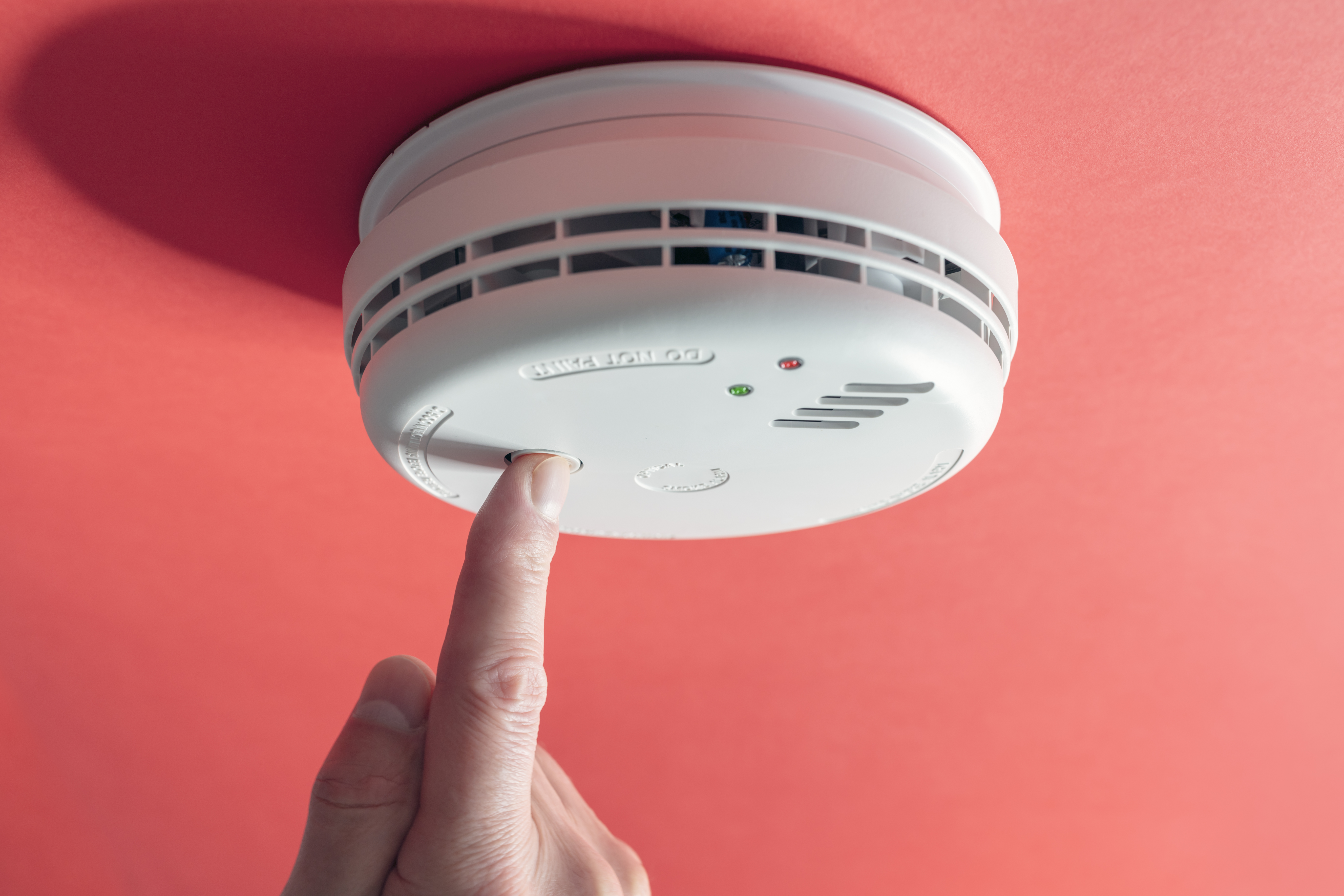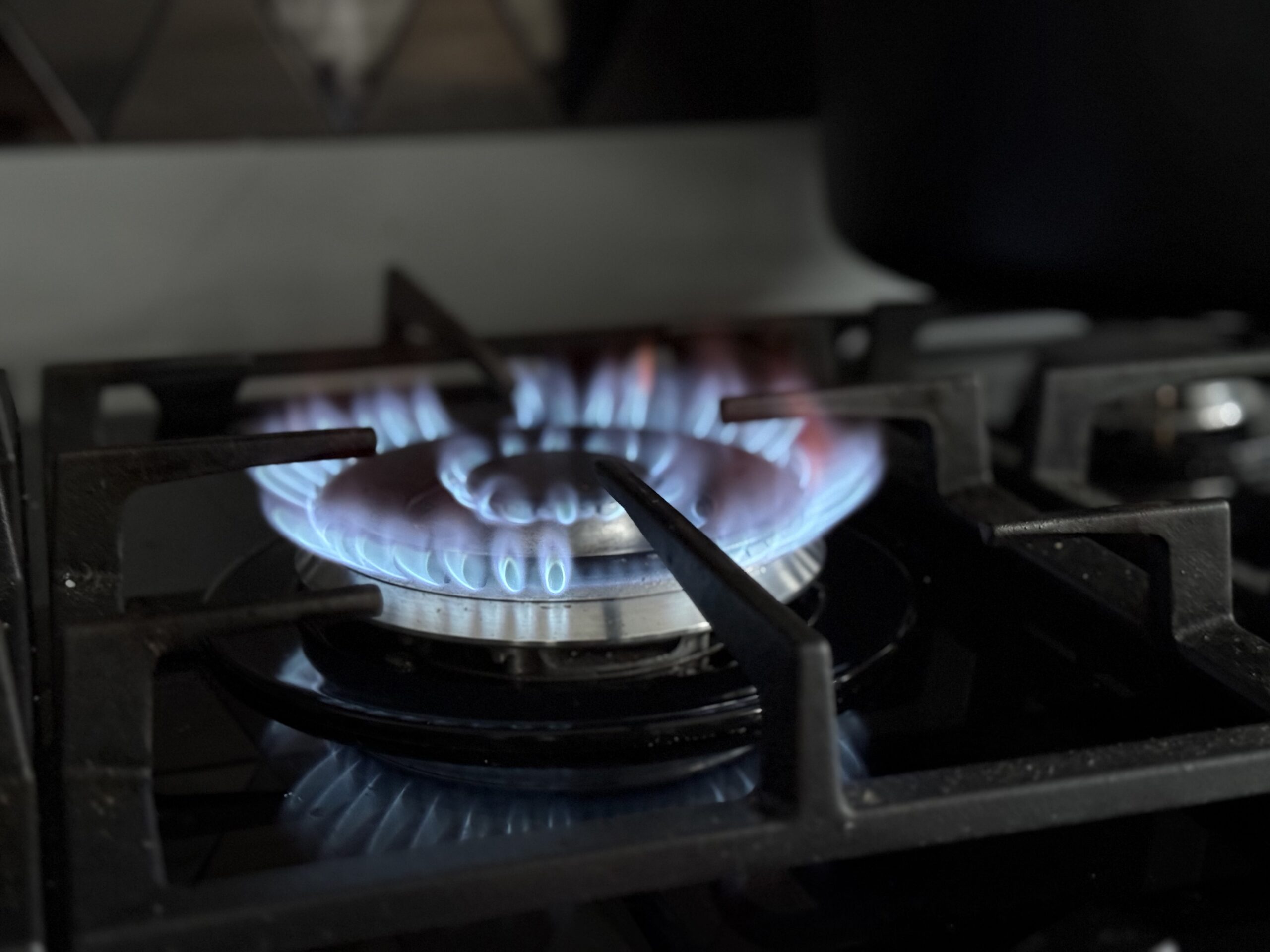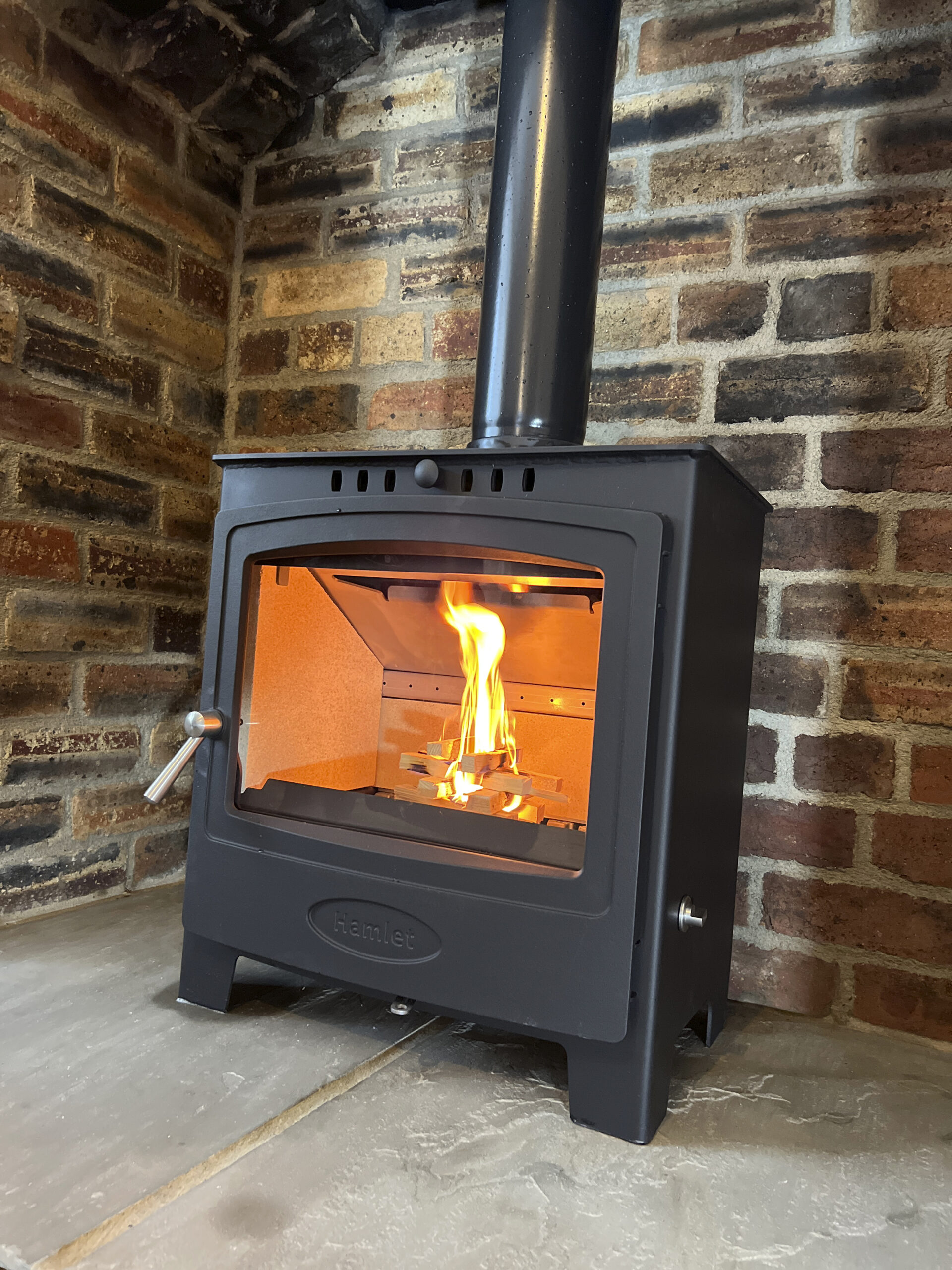Did you know? There are around 34,000 house fires
and over 200 fire-related deaths in the UK each year.
You can take action today to protect yourself and your loved ones…
Start Your Home Fire Safety Check
Protect your loved ones by identifying fire hazards with our easy-to-use online tool. Simply walk through your home, one room at a time, answering questions that highlight potential risks. You’ll receive expert tips, practical advice, and a personalised action plan tailored to your home.
Developed by the National Fire Chiefs Council (NFCC), Fire Kills, and Safelincs, this tool also checks whether you qualify for a visit from our team.
If eligible, a trained professional will install smoke alarms, provide protective equipment (if needed), and offer personalised fire safety advice.

Fire Prevention Essentials
Smoke Alarms
Smoke alarms save lives. Every home should have at least one smoke alarm installed on each floor, with a special focus on areas outside bedrooms or sleeping spaces.
To ensure maximum protection, follow these essential tips:
If you are a landlord, it is your legal duty to ensure that every property you manage is equipped with fully operational smoke alarms. Failing to comply not only risks lives but can also lead to legal consequences.
Watch our impactful video to understand why smoke alarms are a critical part of fire safety. Featuring a real 999 call from Newcastle, this video captures the urgency of having early fire detection in place:
Escape Plan
Fire spreads faster than you think – planning your escape can save lives. Whether you’re at home or in a high-rise building, knowing what to do in an emergency is critical.
Want to know how to escape safely in a fire? Follow these five steps to escape safely:
Shout ‘FIRE!’
Alert everyone immediately so they know to act.
Get out.
Leave the building quickly and calmly through the nearest safe exit.
Shut the doors behind you.
Closing doors as you go helps slow the spread of fire and smoke.
Call 999!
Ask for the fire service as soon as you are safe.
Stay out.
Never go back for belongings – they are not worth your life.
Create Your Fire Escape Plan:
- Your main escape route is likely your usual way in and out of your home
- Identify secondary and even third routes in case the main one is blocked
- Remember, windows should only be used as a last resort
Preparation saves lives! Take a moment to plan your escape and make sure everyone in your household knows it too.
High-Rise Living
Living in a high-rise block does not mean you are more at risk from fire. Most high-rise blocks are built to delay the spread of fire for up to an hour. However, it is important to understand what to do if a fire starts, either in your flat or another part of the building.
Rent or Leasehold Living
If you rent a property or own a leasehold, it is your landlord, housing provider or management company’s responsibility to provide an emergency evacuation plan and ensure you know what to do in case of fire. Your evacuation plan will depend on the design of your building, and will be either a delayed or full evacuation.
Delayed Evacuation
Stay put unless the fire is in your flat or your direct neighbours’. Keep your front door and windows closed. Await further instructions from the emergency services. If at any stage you feel threatened or at risk, make your way out of the building.
Full Evacuation
When the alarm sounds, get everyone in your flat out of the building using emergency fire exit routes and stairs. Do not use the lift.
If you don’t know the escape plan for your premises in the event of a fire, contact your landlord, housing provider or management company. No matter where you live, it’s always good to be prepared.
Night Time Routines
Before you go to bed, taking a few extra minutes to check your home can significantly reduce the risk of fire. Many fires start at night when everyone is asleep, so it’s important to:
- Turn off and unplug electrical appliances unless they’re designed to stay on.
- Avoid charging phones and devices overnight.
- Turn off heaters and fires.
- Turn off cookers and hobs.
- Properly extinguish all cigarettes and candles.
- Do not leave washing machines, dryers, or dishwashers running overnight.
- Close the doors to each room.
- Ensure exits and stairs are kept clear.
- Keep a phone and door keys nearby.





